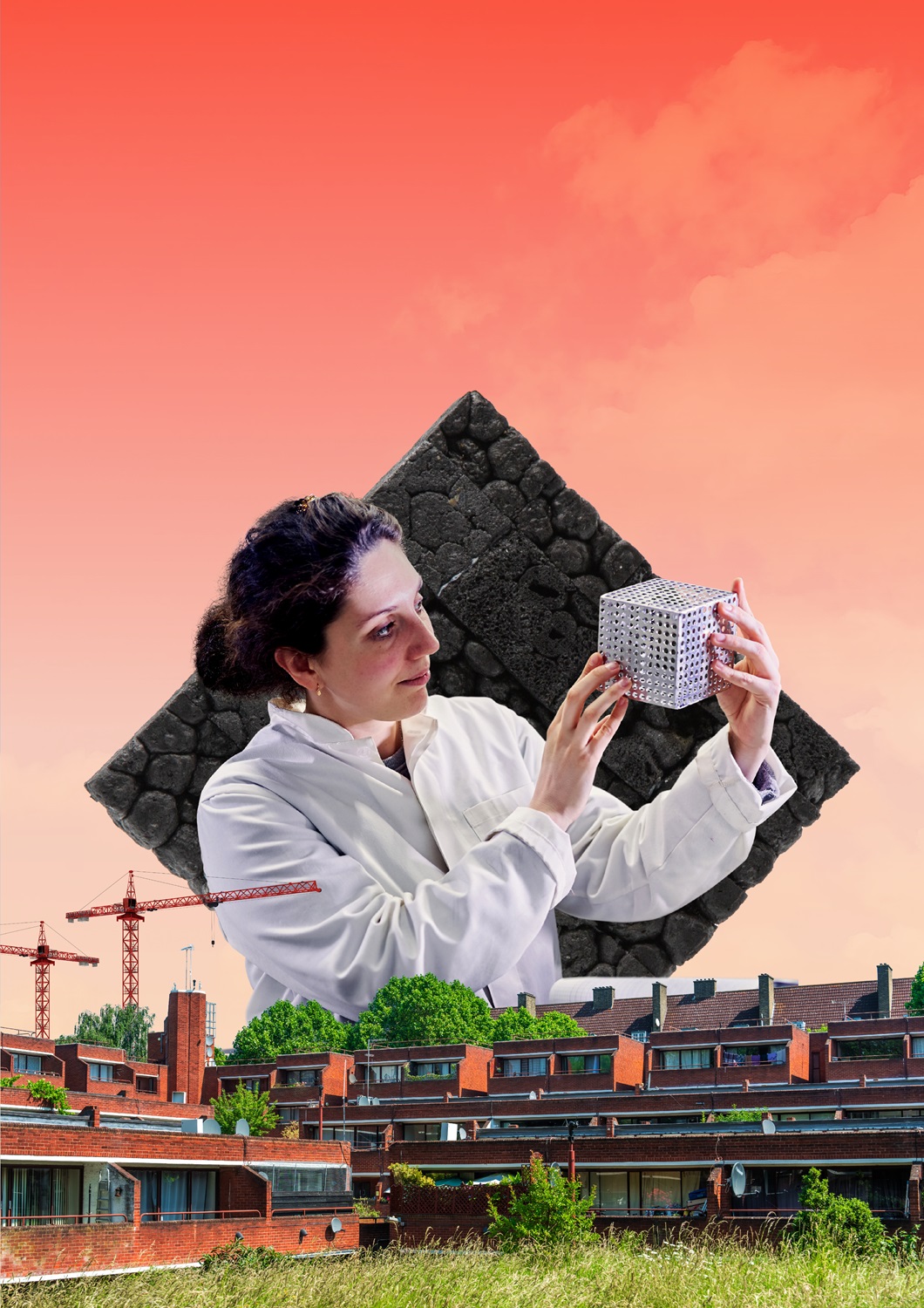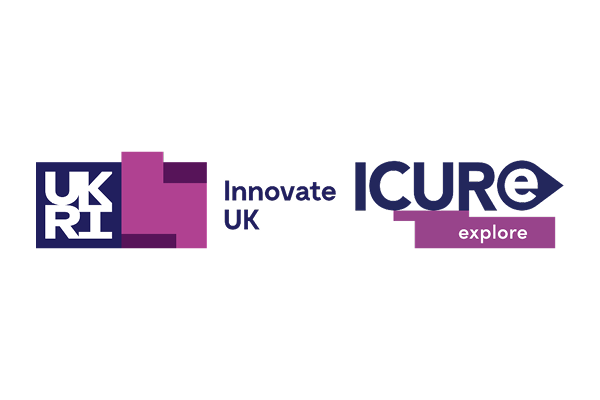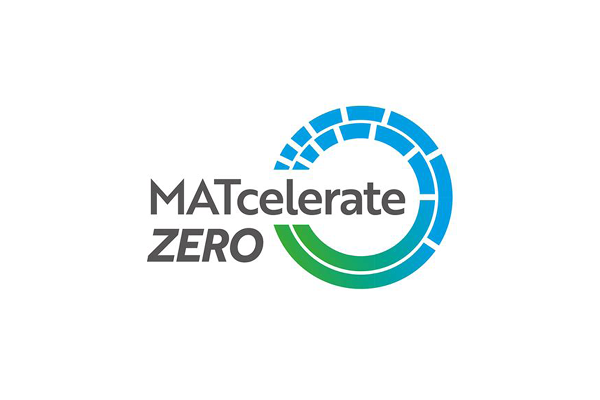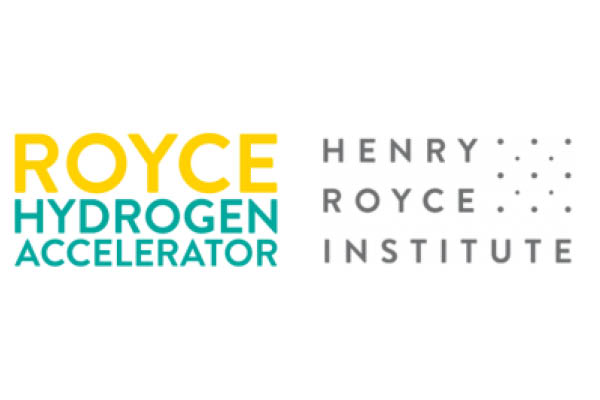Climate Solutions Catalyst

Every 15 seconds, a new scientific paper is published—yet many promising climate innovations remain hidden in plain sight.
The Climate Solutions Catalystis is dedicated to accelerating the journey from academic discovery to climate innovation. We identify high-potential research from across the UK’s deep-tech ecosystem and provide targeted support to help these ideas achieve real-world impact.
Finding the research
Bringing support to the table
Supporting the people
Are climate solutions hiding in plain sight?
We think so, and that’s exactly why we’re building a machine learning search tool to find them. Read our blog series to learn more about the key barriers that stifle real-world translation of academic research and how our bold initiative is designed to overcome this pivotal bottleneck.
Bridging the gap between ideas and real-world impact
Tailored support to fast-track climate solutions to impact.
- Our five-month pre-accelerator programme is designed for early-stage deep-tech researchers exploring commercialisation. We provide:
- -
- Bespoke mentoring and expert guidance
- £35k no-strings-attached award to support experimentation and de-risking
- Workshops on IP, business models, and techno-economic analysis
- Industry and investor connections
- Follow-on support to help teams define the best pathway
- -
- By the end of the programme, teams will have de-risked their technology, clarified their impact pathway, and be ready to take the next step towards real-world application
Cohort 1
Empowering researchers and building a community of climate innovators.
Our first cohort tackled the challenge of green catalysis—critical for decarbonising industry. Selected from over 10,000 papers across 13 UK universities, three outstanding teams received tailored support to explore routes to impact. Alongside them, our network of mentors brings expertise from academia, industry, and entrepreneurship, providing hands-on guidance and opening doors across the innovation ecosystem.
MEMSOA
Plasticycle
2D CRESS
Building the network
Connecting people, solutions, and ideas across the climate innovation landscape.
We’re building an Innovation Pathways Directory to map the UK’s climate deep-tech ecosystem—highlighting researchers, support offers, and innovation hubs. This resource will help accelerators, venture builders, and industry partners discover new opportunities, foster collaborations, and scale impact. We welcome contributions and suggestions from across the community.
Scaling our impact and inviting collaboration.

Get Involved
We’re expanding our search capabilities, growing our support offer, and building a network to accelerate climate solutions at scale. If you’re a researcher, innovator, or ecosystem builder interested in finding or supporting climate research, we want to hear from you. Join us as we bridge the gap between the lab and net-zero.
Supported by




